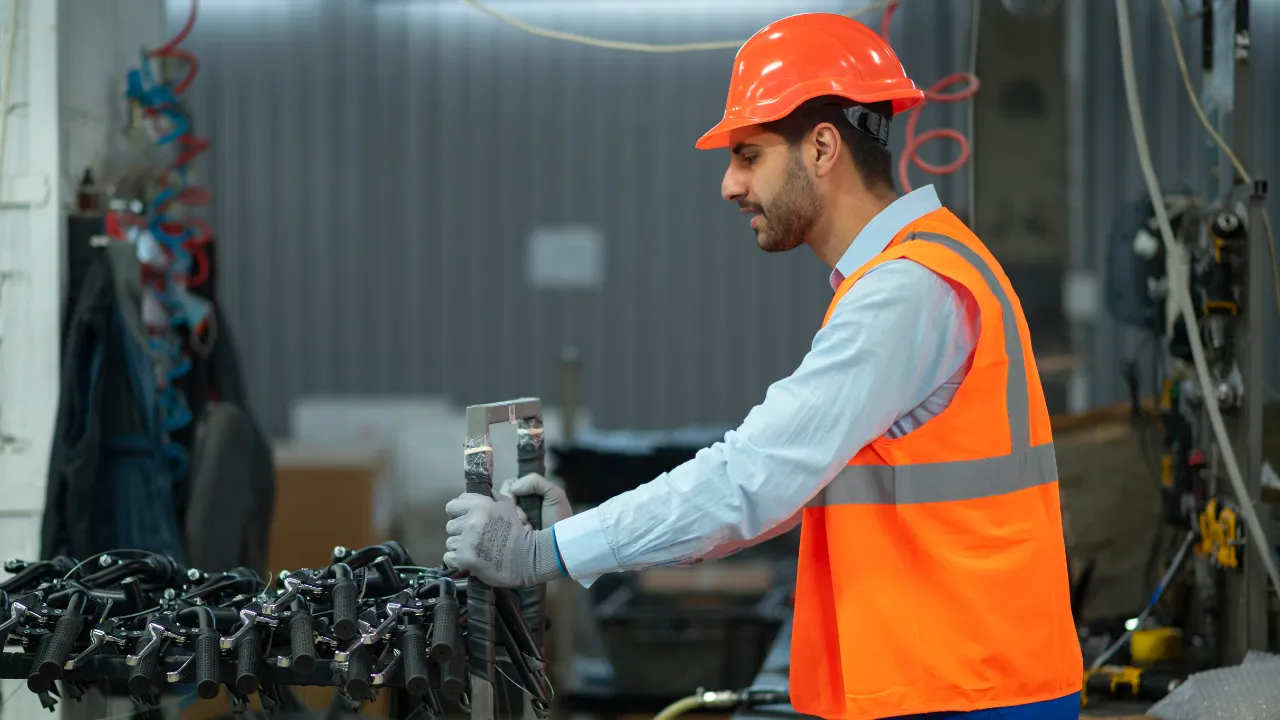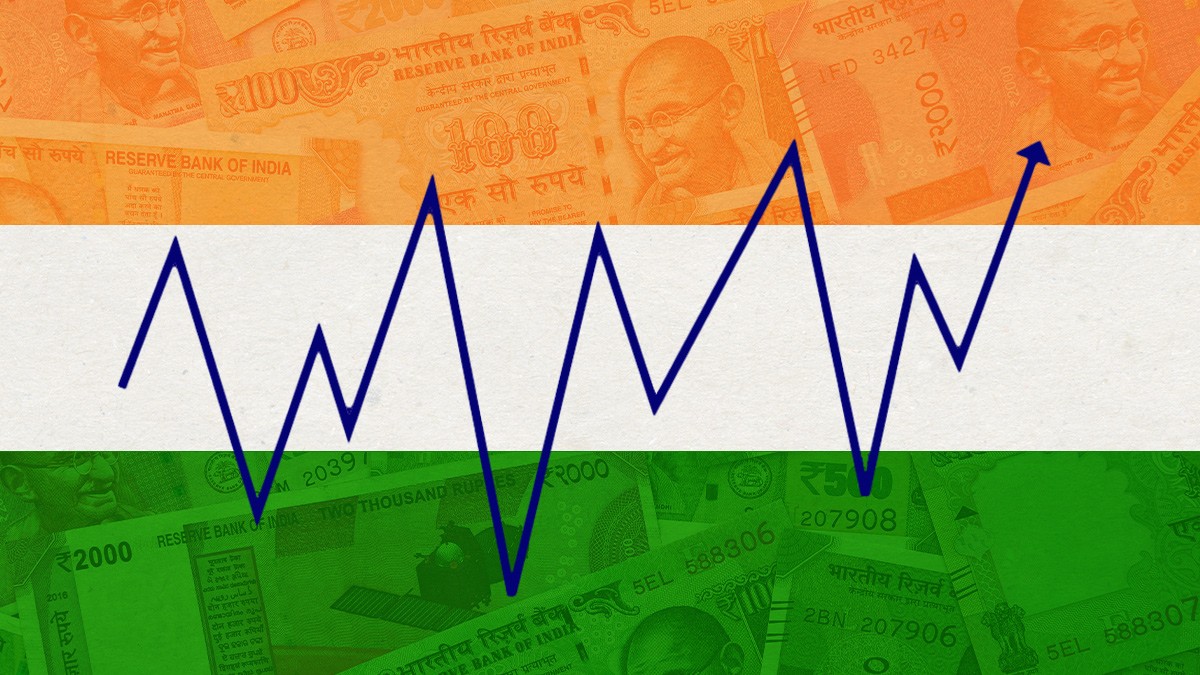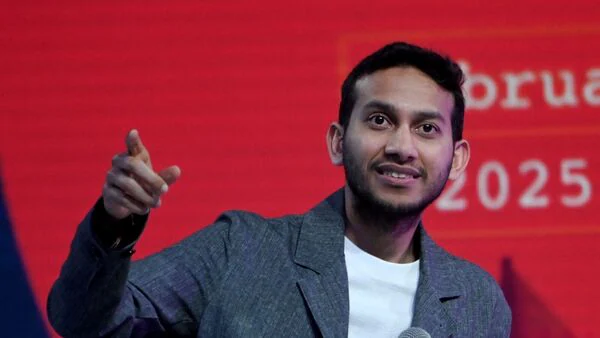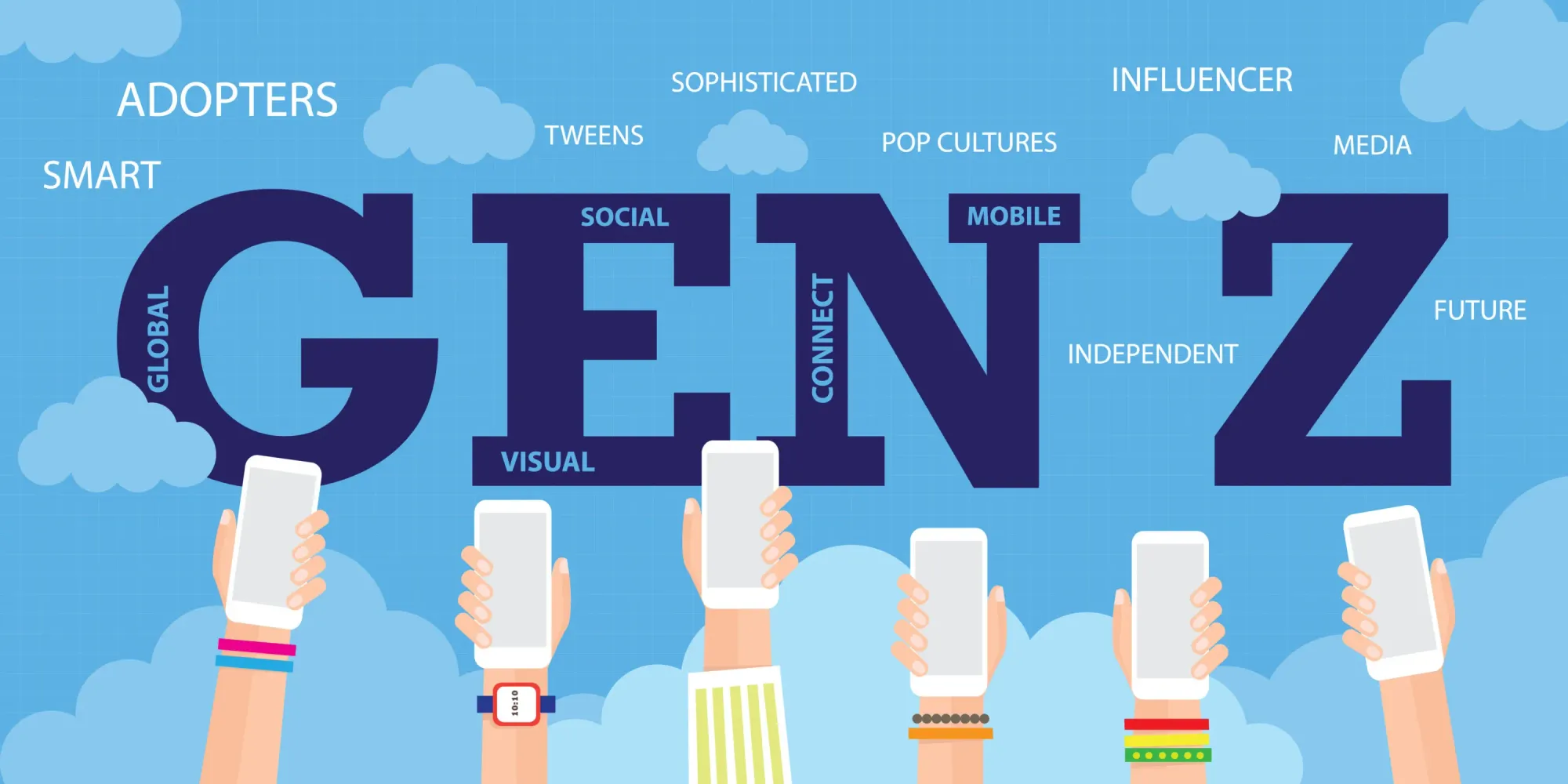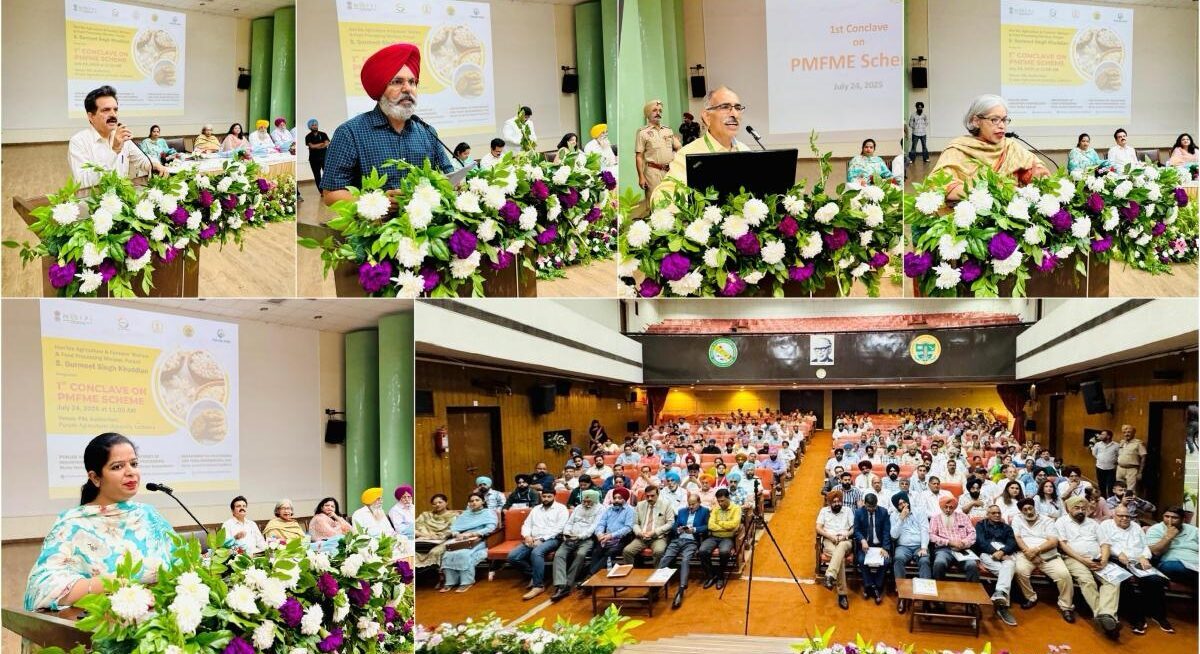The Indian pharmaceutical industry is on the brink of a groundbreaking transformation, driven by advancements in artificial intelligence (AI), machine learning (ML), and precision medicine. These technologies are set to revolutionize drug discovery, manufacturing, and patient care, marking 2025 as a pivotal year for the sector’s growth and global impact.
Pharma sector set for Twofold growth by 2030
India’s pharmaceutical market, currently valued at USD 58 billion, is projected to reach USD 120-130 billion by 2030. The Indian Pharmaceutical Alliance (IPA) highlights that innovation, quality enhancement, and global accessibility will be the cornerstones of this growth. According to Sudarshan Jain, Secretary General of IPA, “India will play a pivotal role in advancing global health, leveraging its demographic and digital talent, alongside conducive policies.”
Indian pharmaceutical companies, accounting for nearly 20% of global generic drug sales, are increasingly focusing on research excellence. The sector aims to position India as a global hub for affordable, high-quality pharmaceuticals by embracing cutting-edge innovations.
Technological advancements and regulatory support
AI and ML are transforming how drugs are discovered and manufactured, significantly improving efficiency and reducing costs. According to Organisation of Pharmaceutical Producers of India (OPPI) Director General Anil Matai, “Technological advancements like AI and ML are set to revolutionize patient care and enable swift adoption of innovative therapies while ensuring patient safety.”
Additionally, the government’s Promotion of Research & Innovation Programme is anticipated to further spur innovation, driving progress in specialty portfolios, CAR-T cell therapy, mRNA vaccines, and complex molecule development.
Collaborations and ethical standards
Collaboration among policymakers, academia, and industry stakeholders is key to addressing unmet medical needs, particularly in underserved regions. Adherence to the Uniform Code of Pharmaceutical Marketing Practices (UCPMP) is also fostering trust and transparency within the healthcare ecosystem.
Growth across healthcare segments
The med-tech industry, expected to reach USD 50 billion by FY30, mirrors the pharma sector’s growth trajectory. Diagnostics, fueled by preventive healthcare awareness and aging demographics, is also on an upward path, projected to double to USD 25 billion by FY28.
Ameera Shah, Executive Chairperson of Metropolis Healthcare, emphasized the importance of embracing AI and ML in diagnostics. “Consolidation through mergers and acquisitions will help overcome industry fragmentation, ensuring uniform quality and expanded reach,” she said.
India’s role in global health
With sustained focus on innovation and quality, India is well-positioned to become a global leader in pharmaceuticals and healthcare. These advancements are not only driving economic growth but also contributing significantly to improving healthcare outcomes worldwide.











